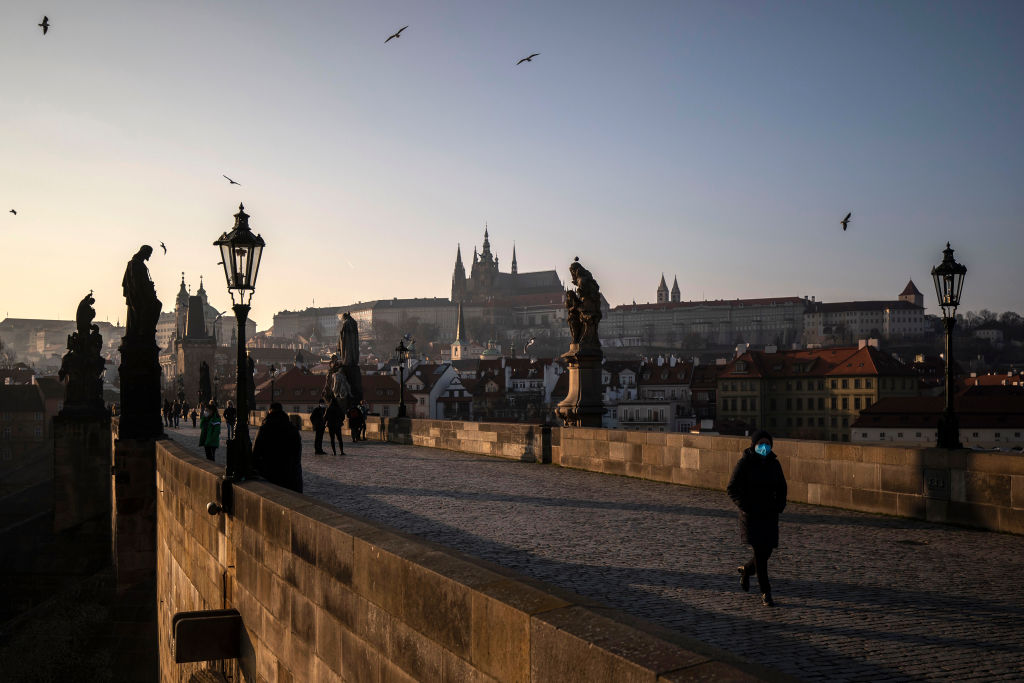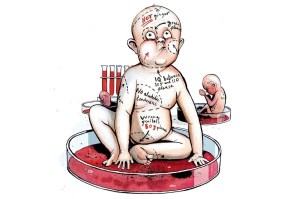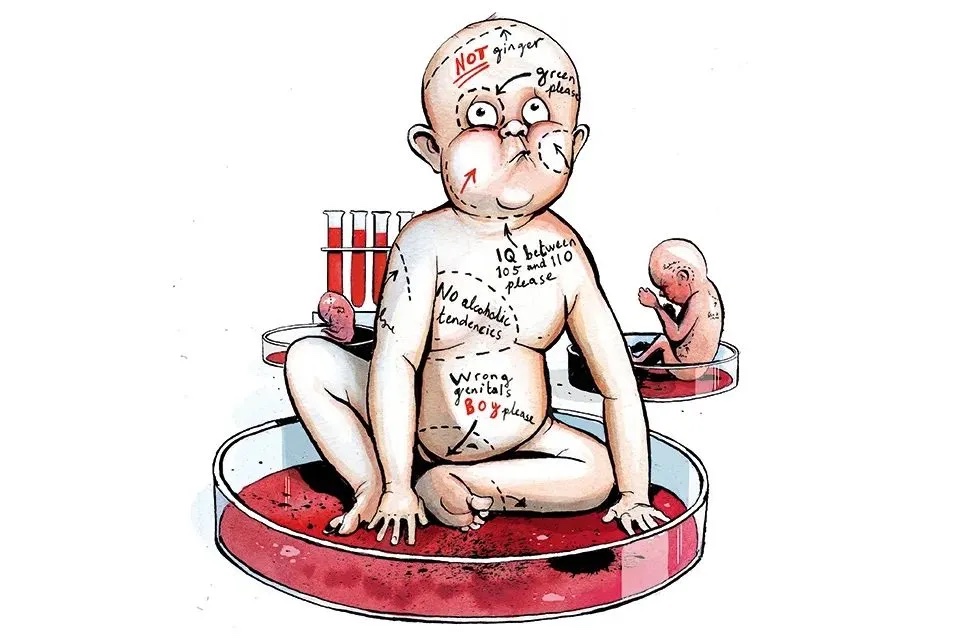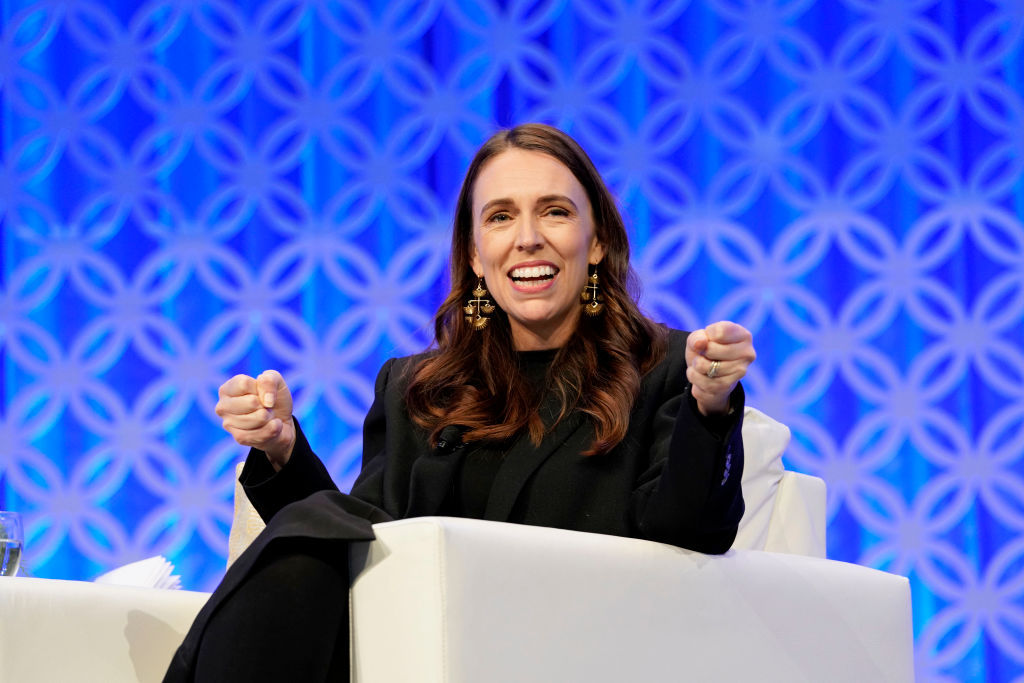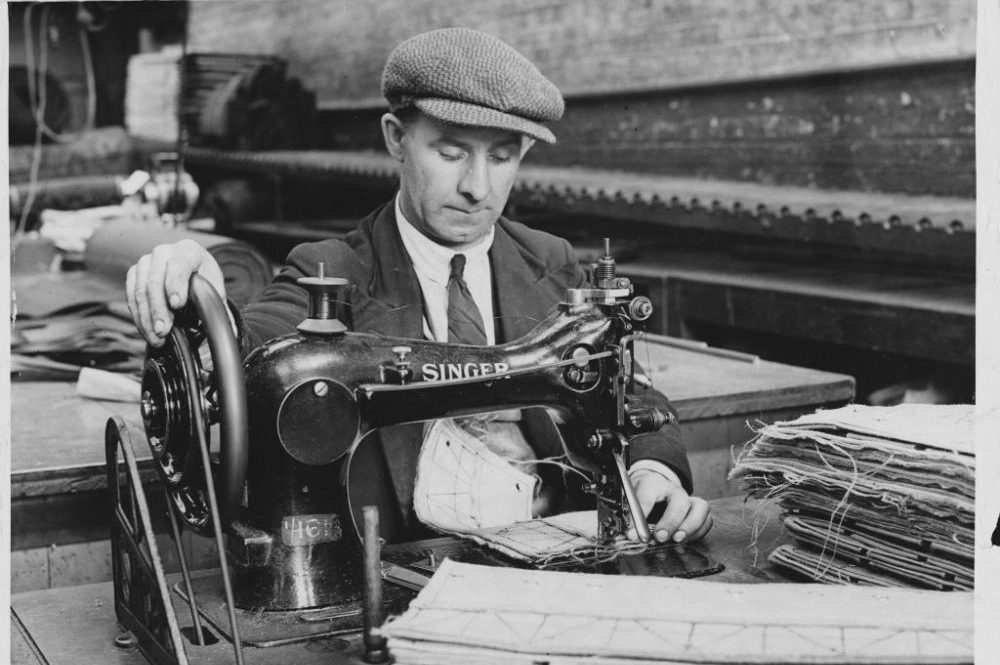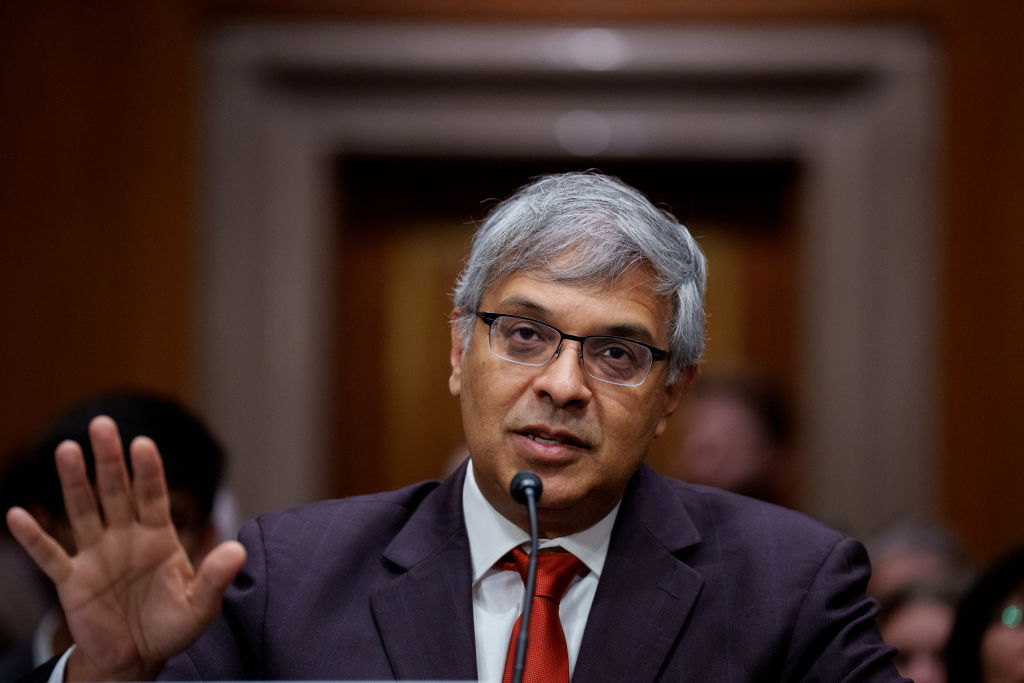The COVID-19 situation is rapidly deteriorating in the Czech Republic, with new efforts to stop the spread of the virus descending into bitter rows and a climate of cynicism and fear. In a government press conference held late on Friday night, harsher measures were announced to tackle the alarming spread of the ‘British variant’ of coronavirus in the Czech Republic. These restrictions included the closure of more shops and services, the closing of primary schools and nurseries, the reintroduction of mandatory face mask wearing outside, and a ban on movement between municipalities.
Cases and deaths have risen to new heights in recent weeks, leaving Czech hospitals on the verge of collapse. More people are in intensive care with COVID than at any other point since the crisis began, and ICU beds in Prague are at 94 percent capacity with cases still rising. The Czech Republic is currently the worst-hit country in the world in terms of cases per 100,000 people, and one of the worst-hit for deaths. The Czech government is now seeking help from other EU countries to care for COVID patients.
This dire situation is compounded by a strained political atmosphere and a serious public loss of faith in the government. Frustration over never-ending lockdown is growing, and faith in politicians is at its lowest ever ebb, with a recent survey showing that only a third of Czechs have any faith at all in the ruling coalition. At Friday’s press conference, journalists demanded evidence to justify new closures and criticized the reluctance of the ruling coalition to engage with proposals put forward by the opposition.
The situation has become highly politicized with elections approaching this fall. The government fought tooth and nail with opposition parties this month simply to gain enough votes to extend a state of emergency, which allows the mandatory closures of shops and services. After much political wrangling, opposition parties finally agreed on Friday to a new emergency law allowing further restrictions.
Opposition to the state of emergency isn’t down to a desire to open up the economy — critics of the government are in fact more likely to claim that new closures don’t go far enough, and that they were brought in too slowly to be effective. The opposition are calling for a new legal framework for COVID restrictions and voted against the state of emergency to protest against the current ineffectual measures.
The government’s refusal to completely shut down the industrial sector, which accounts for around a third of the Czech economy, is being characterized as reckless. Divisions within the ruling coalition are emerging on this issue, with the leader of the supporting ČSSD party now urging the partial closure of industry.
The divided atmosphere isn’t helped by Prime Minister Andrej Babiš, who is a deeply controversial figure at the best of times. Babiš is in large part responsible for the polarization of Czech politics over the last four years, and studies now suggest only 7 percent of Czechs would choose Babiš to lead the national response to the virus.
When asked on Friday why the government has refused to engage with suggestions from the opposition, Babiš brutally replied that he would if the opposition ever came up with a proposal worth listening to. Yet the most significant moment of the conference came at the very end, when frustrated health minister Jan Blatný begged the media to take a kindlier attitude to the government’s efforts, following questions from some journalists which seemed to invite creative interpretations of the rules from the public.
The anti-Babiš media have completely lost faith in the government and openly pin the blame for over 20,000 deaths on Babiš and his ministers. New restrictions have been met with an outpouring of scorn, exacerbated by the fact that until a few days ago the government was still suggesting some shops and schools would imminently reopen.
This chaos seems to be having a negative influence on public adherence. In the first wave Czechs followed the rules with remarkable assiduity — even fervor — but lockdown measures now tend to be seen as illogical and futile. Many view restrictions as tests of ingenuity rather than standards of public behavior — one commentator described Czechs as ‘smart, sometimes too smart, and apt to make fun of everything’. Others openly state that they are determined to break rules they consider to be ‘pointless’ and ‘nonsense’.
Czechs are becoming increasingly skeptical of the government’s lockdown — but paradoxically, many are also sceptical of vaccines. In a recent TV interview, President Miloš Zeman openly questioned the efficacy of the AstraZeneca jab, claiming that the Sputnik V and Pfizer are ‘safe’ vaccines and that the Oxford jab is ‘far worse’. Along with the country’s painfully slow vaccine rollout, these attitudes mean vaccines do not provide the same hope here as they do in the UK and other countries. For many, there really does not seem to be any light at the end of the tunnel.
Fear and cynicism have reached new heights in the Czech Republic with the announcement of new lockdown measures. The resolve and unity which were the hallmarks of the nation’s initial COVID response a year ago are now a distant memory. Anger over lockdown, skepticism about vaccines, and a catastrophic loss of faith in the government mean the country is braced for difficult weeks ahead.
This article was originally published on The Spectator’s UK website.



